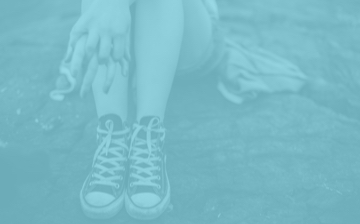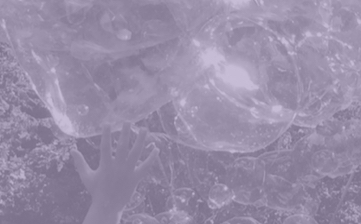
Resources
To view any resources simply click on the image icon or links contained in the text

Our Notepad resource has been produced for both young people and clinicians to aid communication and experiences in dsd clinic. There are a set of 5 tools to download and use in clinic for encouraging open dialogue, and for answering common questions that young people living with dsd may have. See the full set of resources on our dedicated notepad resource page.
This schools guide has been produced for families wishing to discuss the specific needs of their younger child with the school, for young people wanting to talk about their dsd with school and for schools who are considering covering the subject of differences in sex development/intersex traits.
This resource breaks down sex development into small steps. A young person learning about his or her body, or the parents of a little baby with genitals that look different can easily trace their development from tiny embryo to birth. Doctors and healthcare professionals can also use this booklet too. A Japanese Translation and a French version can also be downloaded by clicking on the language names.
This resource is a guide for parents of a child with peno-scrotal / proximal hypospadias and dsd (differences of sex development), when looking to send their child to a nursery. It covers preparing to find a nursery and knowing what to say, FAQ's, personal stories, plus information about privacy, confidentiality and surgery. A French version of this document can also be downloaded.
When your baby is born with genitals that look different we need to look at the bigger picture. The development of your baby in the the womb is likely to have been affected by many causes that doctors may refer to as a dsd (differences or disorders of sex development). Sex development is a complex process and the sex of a baby is not determined simply by what it's genitals look like. This guide has been written to help navigate the early days of your childs diagnosis. This resource has also been translated into many languages. Click on the name to view the translation: Arabic, Bulgarian, Spanish, Catalan, Dutch, French, German, Norwegian, Polish, Swedish, Turkish, Urdu, Japanese.
This booklet is for parents/carers of children with differences of sex development (dsd). These are a large range of conditions which have an impact on children and families in many different ways. They often affect how hormones work and/or how reproductive organs andgenitals have developed. We know it can be difficult to find a good time and a good way to talk about important things with our children, so we have pulled together some tips and some examples to help you keep talking to your child.
This booklet also refers to another booklet 'Amazing You'.
Whatever reasons bring you to dilation, we have designed this leaflet to help you get on track. Perhaps you already feel confident you can move ahead; perhaps you're not sure you're ready yet or really want to do this. Try not to feel pressured. Dilating is not something you have to do right now. You get to decide....This resource has also been translated into French and Dutch.
Children in Need England, Children in Need Wales and Awards for All (Big Lottery) funded dsdfamilies to run a national consultation.This was designed to capture the experiences and views of children with different sex development and those of their parents, caregivers and healthcare providers.The processes and outcomes are set out in this report. We hope this report will contribute to the understanding of what different sex development is and what it means to children and their families. We also hope it will help develop and improve services, practice and societal understanding across the UK.

FACEBOOK GROUPS: dsdfamilies facilitates 2 groups to help connect families living in the UK and Ireland. One is for 'parents of boys with DSD & peno-scrotal hypospadias'. The other is for 'parents of XY girls.' Our aim is to support you in supporting your growing child - whatever his or her age. We hope this safe space will become a place to learn, chat, connect, share your parenting successes and -over time- help support those who are a little behind you on this journey.
The groups are administrated by dsdfamilies trustee Jo, who lives with a DSD, is a mum and also an NHS healthcare professional, she will be the first person you connect with when requesting to join.
How to join? Our FB groups are private. You can find the groups through the links above or searching withing facebook. As we are a very small charity we can only provide this for UK and Ireland based families. Please ask your health care professionals to help facilitate a similar service in your country.

Living with CAH - supporting people with CAH, their families and friends.
Klinefelter's Syndrome Association - offers support and information to all affected by, or having an interest in Klinefelter’s Syndrome (KS) and XXY.
Turner Syndrome Support Society - provides accurate and up-to-date information on Turner Syndrome and the many aspects of living with the condition on a daily basis.
Hypospadias and Epispadias Association, Inc - parents of children with peno-scrotal hypospadias might find the information and tips helpful. HEA is the American Hypospadias and Epispadias Organisation.
MRKH Connect - Learn, Make Connections & Lifelong Friends

'Tale of a good GP' (Jo Williams - British Journal of General Practise, 2020)
'Children with different sex development need more Help' (Ellie Magritte - The Scotsman, 2019)
'Differences in sex develpment, what does it mean?' (Kate Davies - Mumsnet, 2019)
'How many people actually have different sex development?' (More or less - BBC Radio 4 2019)












